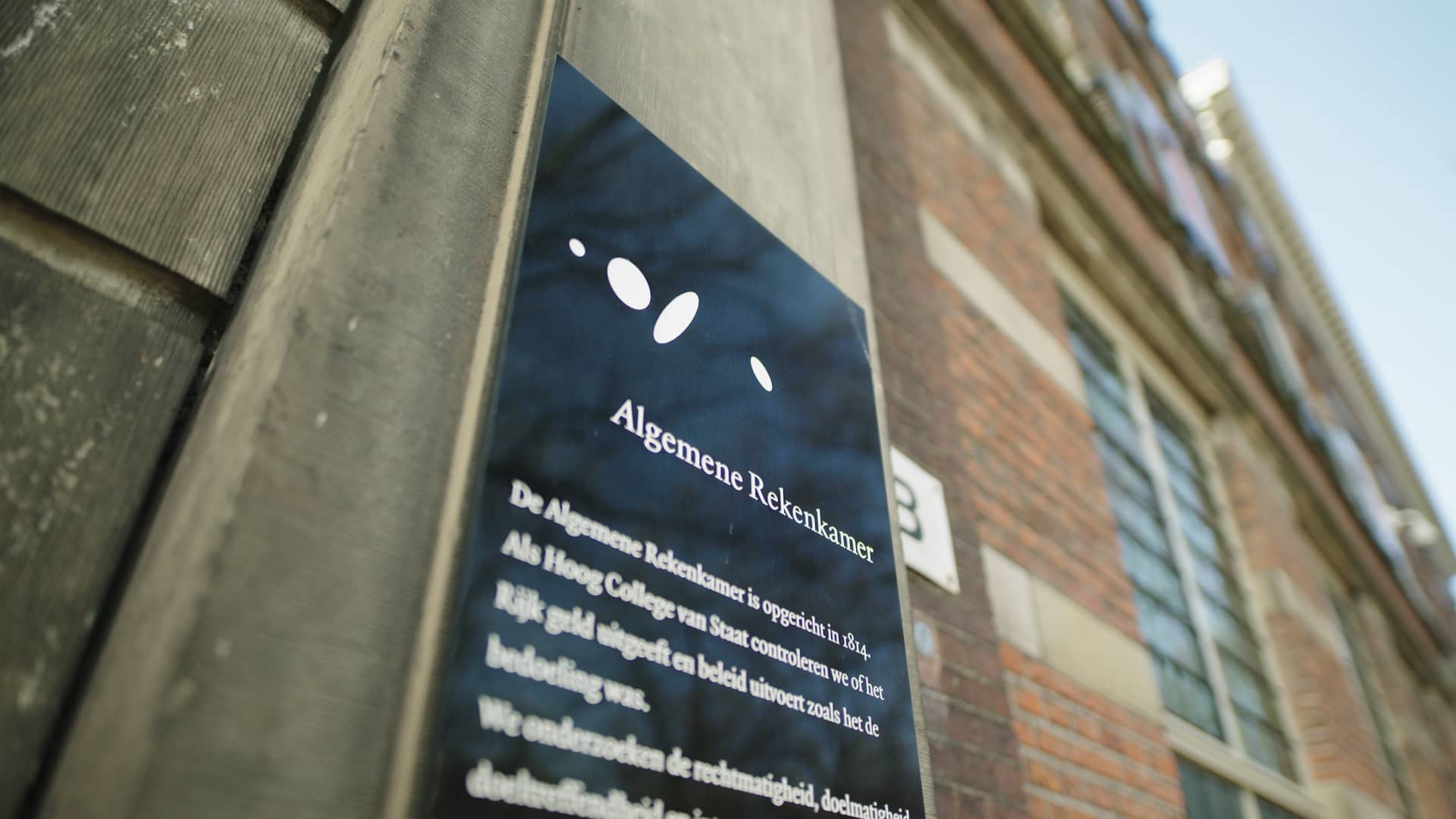Minister helps to control spending; care not always cost-effective
By signing a growing number of agreements on prices with pharmaceutical companies, the Dutch Minister for Medical Care is helping to control spending on expensive new medicines. The flow of increasingly expensive medicines continues: hundreds of new medicines are expected to come on stream in the coming years. Bigger discounts need to be agreed in order to reduce the risk of spending on medicines crowding out spending on other types of specialist medical care.

The Netherlands Court of Audit believes that the Minister should toughen his stance on price negotiations and decide on the point at which he is prepared to say ‘no’ if a pharmaceutical company does not offer a large enough discount. The tougher stance may result in a medicine not being covered by the basic package of insured care.
In its audit report entitled Miracle cure or sticking plaster? The results of negotiations on the prices of medicines, which was sent to the Dutch House of Representatives on 23 April 2020, the Netherlands Court of Audit sought to ascertain whether the price agreements reached with pharmaceutical companies between 2012 and 2018 (32 in total) help both to bring about cost-effective care and to control spending on medicines.
A small proportion of aggregate expenditure
The Minister first began negotiating with pharmaceutical companies on the prices of new, expensive medicines in 2012. Before then, healthcare insurers and hospitals were the only parties that negotiated with pharmaceutical companies. No figures are available on the size of the discounts that they were able to negotiate. The Minister negotiates only on a small proportion of aggregate expenditure on medicines. Over the years, the reduction in expenditure that the Minister has managed to achieve has risen from just tens of millions of euros to €272 million in 2018. Many of the price discounts are graduated, i.e. they rise in step with the volume of sales.
Spending on expensive medicines increasingly problematic
The Netherlands spends over €6.5 billion per year on medicines. The Minister negotiates on the prices of specific medicines, for example those used for treating chronic hepatitis C, Pompe disease, spinal muscular atrophy (SMA) or cancer. The negotiations involve both medicines that are available from pharmacies (known as ‘out-of-hospital medicines’) and medicines used during the course of hospital treatment (‘known as ‘hospital medicines’). The latter category – where the steepest rise in expenditure has been recorded in recent years – forms the subject of a growing number of price negotiations. Now that the Dutch government has decided that there should be little or no increase in spending on specialist medical care during the period until 2022, the Netherlands Court of Audit believes that this situation is becoming increasingly problematic.
Results not always cost-effective
The Netherlands Court of Audit compared the negotiated prices with the prices recommended by the Dutch National Health Care Institute. If the price negotiated for a particular medicine does not exceed the recommended price, this means that treatment with the medicine is cost-effective.
The results of the Minister’s negotiations tend to vary. The Minister does not have a strong negotiating position in relation to medicines such as Orkambi (used for treating cystic fibrosis) or Spinraza (for treating SMA), given that no alternatives are available on the market for the foreseeable future. In three sets of the negotiations, the Minister did not seek to bring the price down to the level recommended by the Dutch National Health Care Institute, thus ruling out the possibility of a cost-effective result. The audit showed that the result was not cost-effective in a total of five negotiations.
As the Minister is accountable for any decision to refund the cost of non-cost-effective care, he is in a position to provide more information to the Dutch parliament.
Minister’s response and Court of Audit afterword
After examining the response received from the Minister for Medical Care, the Netherlands Court of Audit writes that the Minister should try and ease the pressure on the accessibility and affordability of healthcare. At the moment, the Minister has hardly any means of knowing the price at which a manufacturer starts to make a profit. The Minister should at all times seek at the very least to negotiate a cost-effective price for medicines.
|
Along with the rest of the world, the Netherlands has been firmly in the grip of the coronavirus (which causes COVID-19) since the beginning of the year. There is no connection between the audit of negotiations on the prices of medicines and the measures taken to combat the pandemic. The conclusions drawn by the Netherlands Court of Audit on the basis of the audit findings have not been affected by the grave situation caused by the coronavirus crisis in 2020. Despite the difficult circumstances, we were able to conclude this audit report and the Minister for Medical Care was able to respond to our conclusions and recommendations. This illustrates how the Dutch democratic system, including the independent audits performed by the Netherlands Court of Audit, continues to operate – even in the current exceptional circumstances. |